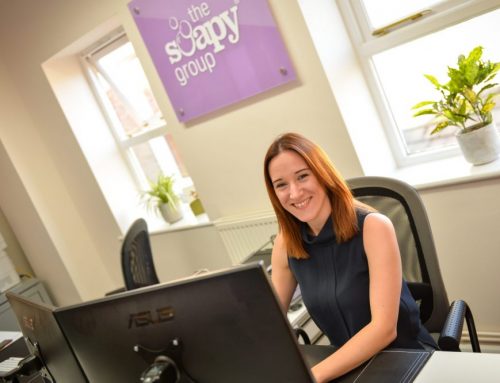This year I have been to a few free Lead Generation and Marketing Workshops. On the surface they seem to be offering valuable advice that SMEs can take away and apply to their business (including a double whammy of a free marketing audit of your business). They are mostly run by business coaches, which concerns me greatly. Now, whilst the workshops did give some good information to the business owners present, I feel that it’s my duty to help you watch out for the pitfalls I have witnessed at these type of events.
The workshops start with a glossy breakdown of what you will get from the few hours with them and the flowery sales pitch that sounds too good to be true. The presenter continues, in their slick and well rehearsed manor, to tell you about their amazing journey and success in business and how all this achievement will rub off on you in such a short time. They work the crowd by using their positive uplifting techniques and use examples that you could achieve with your ROI if you follow their examples.
Could and Examples
These are the key words the speaker uses because every business is different. I get really worked up watching presentations where the speaker uses generic examples of how you can increase profit, turnover, effectiveness and marketshare. They do this by using generic examples. It leads the audience in to a false sense of security of what they could achieve by the examples presented to them. The worst part about it all is that the speaker expects you to positively react in an American style ‘are you on the bus’ audience whoop all the time.
No evidence to back up stats, grrr
Lets get down to the actual Marketing advice given; it’s flowery at best. Whilst I’m not expecting the presenter to go into huge technical detail, the essence of what they are saying is always slightly vanilla. The absolute sin of a presentation is to not validate the information or stats you are giving. Recently, in a workshop supported by a bank in York, the presenter gave lots of stats but in the whole 3 hour workshop didn’t back up where the stats came from. Some of the stats weren’t correct and with no proof of their origin it can lead the audience in to using incorrect information.
At the last workshop I attended I found it really difficult to sit and listen to some of the marketing advice given. It was apparent that the presenter subscribed to a coach franchise, which made it obvious that Marketing wasn’t his specialist subject, and this worries me. While I know and work with some fantastic business coaches, there seems to be a blurring of the lines between the business coach and marketing consultant. I have been contacted by SMEs who have attended these workshops afterwards who found the information helpful to a point, but it left them with a sense of frustration on where to go and how to implement the information into their marketing activities.
The difference between possibility and reality
My job as a marketing consultant isn’t to give clients examples of what is possible using generic examples. The first thing I point out to business owners who attend theses workshops is the reality of what can be achieved with a well planned and executed marketing strategy. Instead off offering free audits, I sit down and give my time to work with the business owners to see if I can help them before looking at the costs for my service. I don’t simply give the advice and strategy to implement, I prefer to get ‘down and dirty’ by placing myself within the clients team. After all I’m no different from the SMEs I’m helping, I’ve faced most of the challenges they have in business, I’ve just got a different skillset.
If you want marketing advice, go to a marketing agency or consultant. I would say we are pretty darn good at it at The Soapy Group. If you are looking for business coaching then use a really good coach or coaching organisation. I would recommend The Alternative Board (TAB) as I find them and my TAB coach Elliot Rich a valuable part of our team at Soapy.




